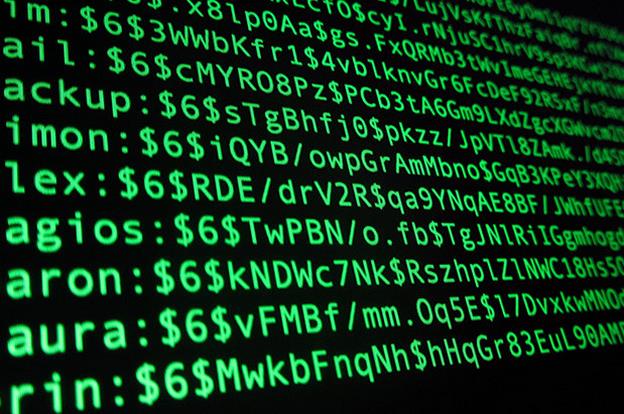The issue of government access to private encrypted data has been in the public eye since the San Bernardino shootings in December, 2015. When an iPhone was found the FBI requested that Apple write code to override the phone’s security features. The FBI was ultimately able to decrypt the phone without Apple’s assistance. However, the ensuing debate over encryption has just begun.
High profile criminal and national security issues serve to shed light on an issue which is pervasive throughout the country. Local governments presumably have thousands of devices they would like to decrypt for investigatory purposes as New York City alone has hundreds. Seeking a resolution and remembering the horrific terror attacks of September 11, 2001 New York State Assembly Bill A8093A is in committee and seeks to outlaw the sale of phones in the state which have encryption not by passable to law enforcement.
Encryption allows for the safe keeping and targeting dissemination of private thoughts and information without worry off judgment, retaliation or mistreatment. On a grander scale encryption prevents unchecked government oversight. It can be argued that encryption technology is a hedge against current and future totalitarian regimes. With a history of occupation and abuse of power it is no surprise that Germany and France are not pushing for encryption backdoors.
Backdoors in encrypted devises and software provide another avenue for unwelcome parties to gain access. Hackers are often intelligent, well-funded and act on their own, in groups and most harmfully with foreign entities. Holes have a way of being found and master keys have a way of being lost.
Senators Richard Burr and Diane Feinstein are undoubtedly well intended with their draft law entitled the Compliance with Court Orders Act of 2016. The act calls for providers of communication services including software publishers to decrypt data when served with a court order. The data would have to be provided in an intelligible format or alternatively technical assistance for its retrieval. Prosecutors have a need to gather evidence. Governments have a duty to prevent crime and acts of terror.
However, experts question the feasibility of building backdoors into all types of encryption as it comes in many forms and from a host of global providers. Further, there is concern that the measure, if adopted, will backfire as the targeting of backdoors by our adversaries is assured. Cyberwar in the form of illicit data collection, theft of trade secrets and access to infrastructure is all too common and may escalate as tensions rise between adversaries. Ransomware and cyber extortion have been spreading, most recently at hospitals, and the knowledge of the existence of backdoors will motivate those who seek unseemly profits.
Efforts to prosecute the accused, fight crime and terror are noble causes. However, government should be wise in the approach lest we weaken our shared defenses in the process. The big corporate names of Silicon Valley recognize the dangers of backdoors and are speaking out and lobbying against Senator Burr and Feinstein’s efforts. The draft legislation does ensure that the monetary cost of decrypting is paid to the, “covered entity.” However, the costs to society at large remain up for discussion.



